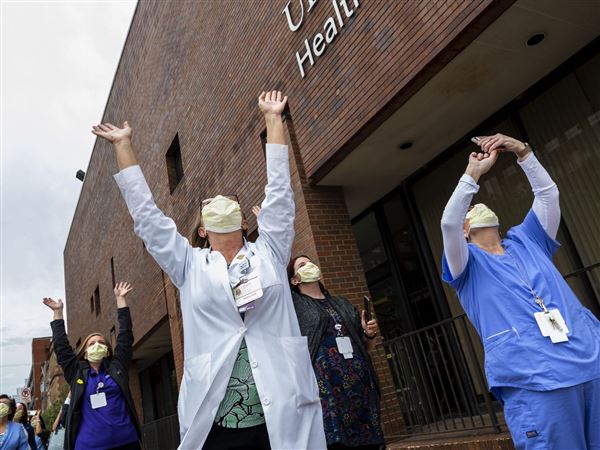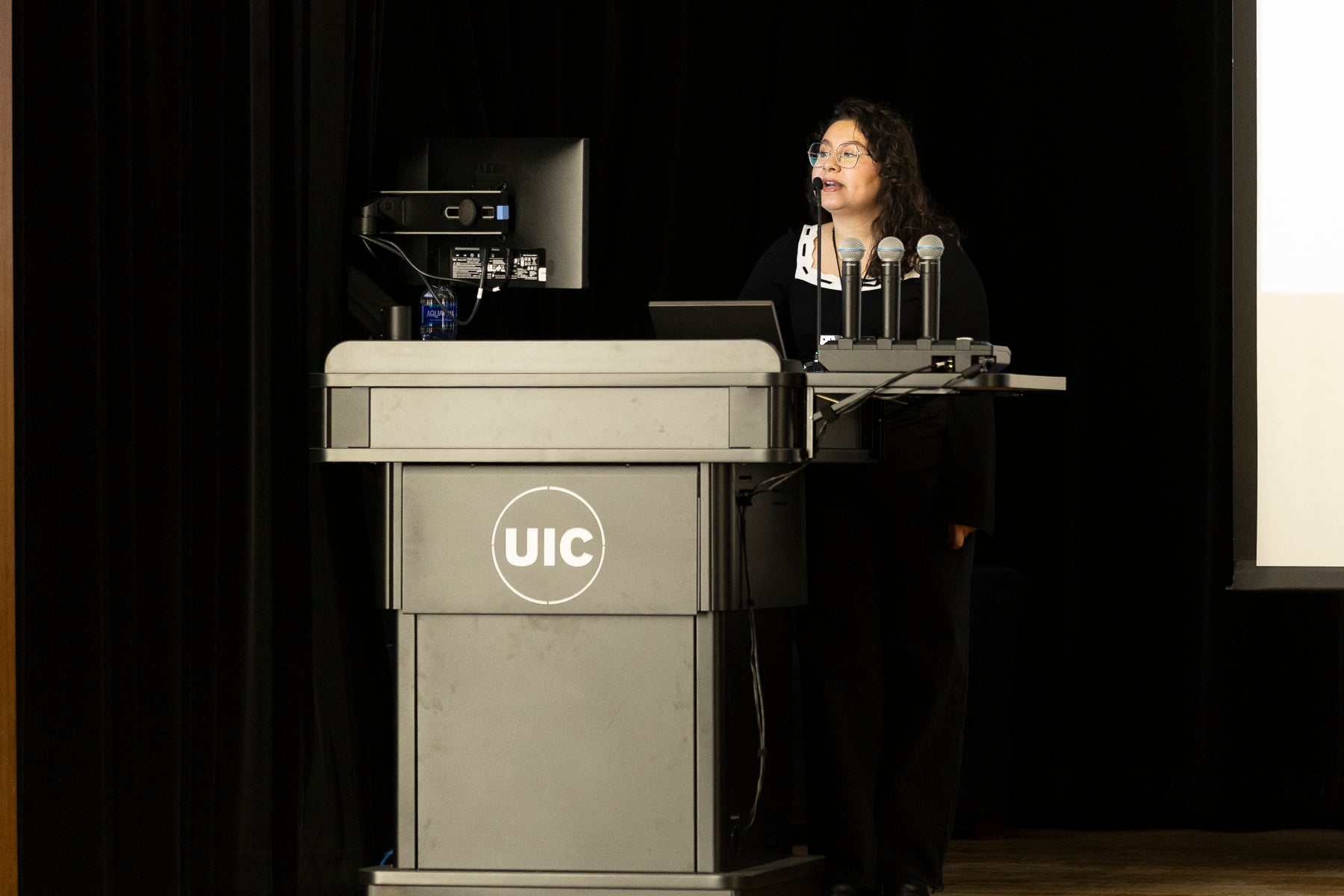Autumn Blues: Navigating the Emotional Landscape of Seasonal Mood Shifts

National Suicide Prevention Month: Shining a Light on Hope and Healing
Every September, communities across the nation come together to raise awareness about suicide prevention, breaking the silence surrounding mental health challenges and offering support to those struggling with emotional pain. National Suicide Prevention Month serves as a powerful reminder that hope exists, and help is always available.
Mental health crises can feel overwhelming and isolating, but no one has to face these challenges alone. This month-long awareness campaign aims to educate the public, reduce stigma, and provide critical resources for individuals experiencing suicidal thoughts or supporting loved ones in distress.
Understanding the Crisis
Suicide is a complex issue rooted in multiple factors, including mental health disorders, life stressors, trauma, and feelings of hopelessness. By recognizing warning signs and understanding that mental health support is a sign of strength, not weakness, we can create a more compassionate and supportive environment.
Resources and Support
Key resources like the National Suicide Prevention Lifeline (988) provide immediate, confidential support 24/7. Professional counselors, support groups, and mental health professionals are dedicated to helping individuals navigate through their darkest moments and rediscover hope.
How You Can Help
- Listen without judgment
- Offer compassionate support
- Learn warning signs of suicide
- Encourage professional help
- Share resources with those in need
Remember, every life is precious, and recovery is possible. Together, we can create a community of understanding, support, and healing.








